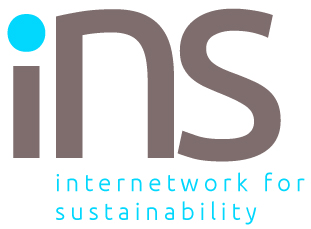3 rising noodle stars: udon, soba and pho
Noodle soups are making new friends all over the world and many people who met ramen are teased to go further on their noodle soup adventures. There they meet udon, soba an pho.
Noodle soups are making new friends all over the world and many people who met ramen are teased to go further on their noodle soup adventures. There they meet udon, soba an pho.
Expanding global seaweed farming could go a long way to addressing the planet’s food security, biodiversity loss, and climate change challenges.
Ramen is not only popular in Japan but its fame has spread all over the world. There are countless varieties of ramen, with different flavors and styles to choose from.
Noodle soups have become quite popular, not only in their home countries but all around the globe. Since it is clear that not all noodles are the same, and neither are noodle soups, it’s time to find out more about them.
All the protein we need to feed the world can be produced on an area of land smaller than London, or the micro-state of Andorra. A food revolution too good to be true? Not according to RePlanet, the group that builds on precision fermentation to pull it off.
The food waste in the EU is higher than its imports. The waste damages EU food security amid the cost-of-living crisis. That is the finding of a new report released by environmental NGO Feedback EU.
Climate change may affect the production of crops like maize (corn) and wheat by 2030 if current trends continue, according to a new international study that included researchers from IIASA, NASA, and the Potsdam Institute for Climate Impact Research (PIK). Maize crop yields are projected to decline by 24%, while wheat could potentially see growth […]
This year’s Urban Greenhouse Challenge will look at all the ways in which an urban farming site can tackle the lack of access to affordable and nutricious food.
Chinese researches discovered a way to create starch from co2 much more efficiently than plant do. That would potentially save up to 90% of farm land, water, fertiliser and pesticides, they claim.
Our awareness of problems with human rights arise mainly from the textile chains. But working conditions in other chains, such as the tomato chain, are also under pressure.
